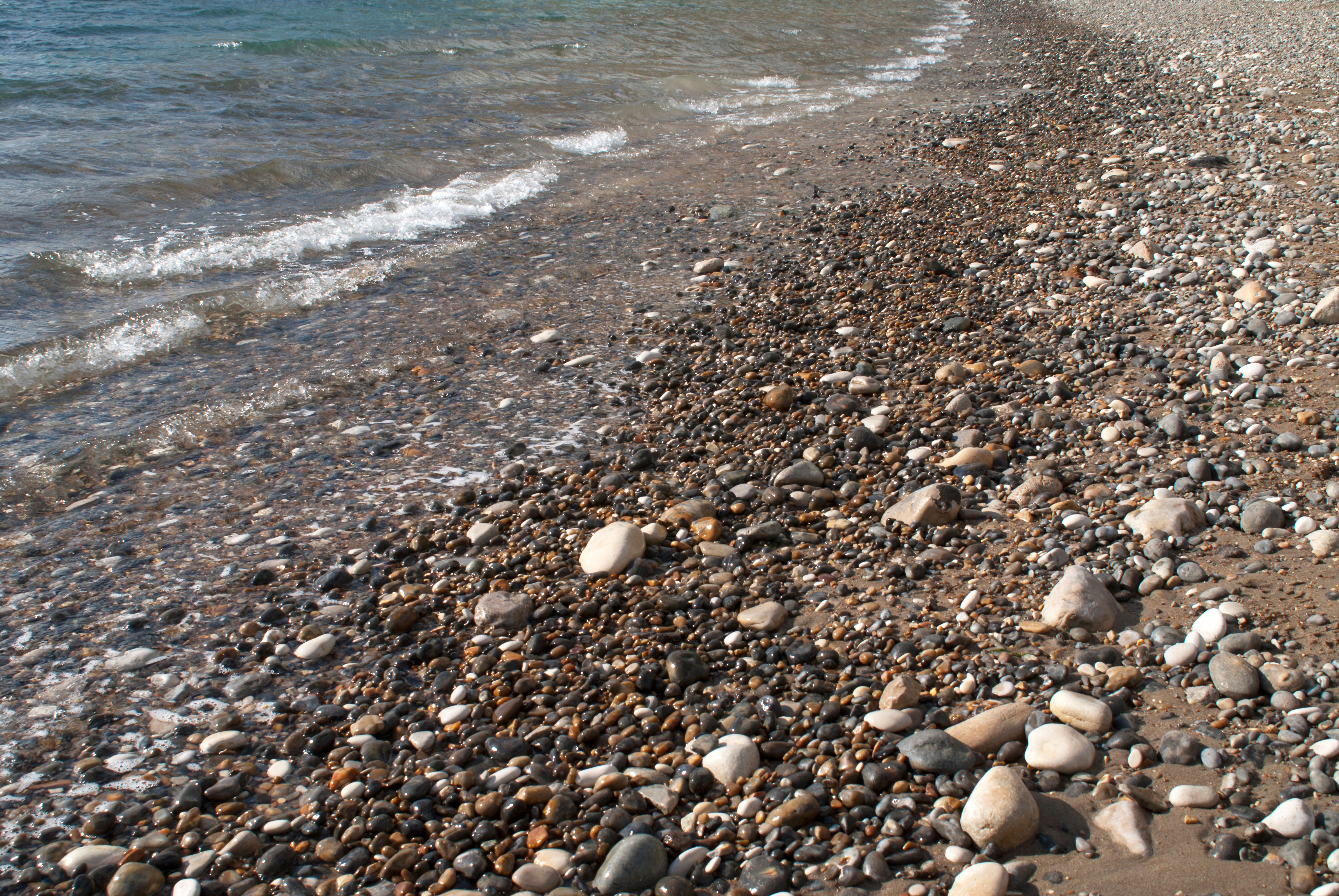Researchers discover concerning plastic ‘pebbles’ littering UK beaches
A study has revealed hidden plastic pollution on Britain’s coastline, in the form of pebble-like chunks known as pyroplastic.

Researchers from the University of Plymouth have analysed a hidden form of plastic pollution which is littering the UK’s shoreline.
The lumps of waste, known as pyroplastic, are believed to form when plastic is melted or burnt into chunks, which are then weathered by the sea. The lumps appear like rocks and pebbles when washed up on beaches.
A study published in Science Direct explored 165 of these plastic ‘pebbles’ collected from Whitsand Bay in Cornwall by the Cornish Plastic Pollution Coalition.
A further 30 chunks from the Orkneys in Scotland, County Kerry in Ireland, and north-western Spain were also examined after they were sent to research team.
After taking measurements of the pyroplastic, the team examined their chemical makeup using x-ray and infrared spectroscopy.
The scientists found the chunks contained two of the most common plastics, polyethylene and polyproplyene, those used in carrier bags and wrapping for fruit and vegetable containers, and the material used in plastic pots.
‘Pyroplastics are evidently formed from melting or burning of plastic and are distinctly different from manufactured marine plastics in terms of origin, appearance and thickness,’ said the researchers.
Exquisite houses, the beauty of Nature, and how to get the most from your life, straight to your inbox.
‘Since pyroplastics have been retrieved by colleagues from Atlantic beaches in Spain and Pacific beaches of Vancouver, they are not a regional phenomenon.
‘It is suspected that their distribution may be widespread but that documentation is lacking because of a distinctly geogenic appearance.’
The researchers believe that pyroplastics may be releasing lead into our oceans due to an additive used to colour plastics. They found the presence of lead chromate, which is used to give plastic a yellow, red, or orange hue, within the structures.
They warned that this lead could be absorbed by wildlife and passed up the food chain.
‘Pyroplastics require their own classification within the umbrella of marine litter, and are a source of finer plastic particulates through mechanical breakdown and a potential source of contaminants for organisms that inhabit or ingest them,’ said the researchers.
It is believed pyroplastics wash up on UK beaches after plastic waste is burnt and dumped in the sea. The lumps of plastic are then gradually worn down and turned grey by the ocean and weathering.

Credit: Waitrose
Plastic-free supermarkets a step closer thanks to new scheme's popularity
The news comes as supermarkets report a 90% drop in the sale of single-use plastic bags.

Country Life Today: The astonishingly simple solution to making our canals litter-free and beautiful
Today we look at why our canals have become rivers of plastic, but it needn't be that way; the scrapping